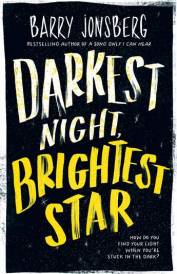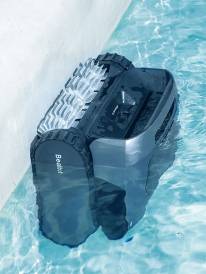Exercise More Effective Than Medication

Exercise More Effective Than Medication in Treating Cancer Fatigue
After the release of research this month surrounding exercise being more effective than medications when treating Cancer Related Fatigue (CRF), Exercise & Sports Science Australia (ESSA) is encouraging all clinicians to be more proactive when prescribing exercise to cancer patients.
'Cancer Related Fatigue (CRF) negatively affects oncology patients by a cascade of events which decreases treatment adherence and patient outcomes. CRF is highly prevalent amongst this demographic and may be acute or chronic (more than 6 months) in nature," says Andrew Awad, Accredited Exercise Physiologist and cancer specialist.
The meta-analysis, published in -JAMA Oncology', included 113 unique studies (11, 525 unique participants) and studied the four most commonly recommended treatments for cancer-related-fatigue; exercise, psychological, the combination of exercise and psychological, and pharmaceutical.
The results found that exercise (in combination with psychological treatments) reduces cancer-related fatigue during and after cancer treatment. In contrast, pharmaceutical interventions do not improve cancer-related fatigue to the same extent, and clinicians should prescribe exercise as a first-line treatment for cancer-related fatigue.
'Our role as Accredited Exercise Physiologists is vital in regaining patient quality of life, psychological well-being and maximising treatment outcomes. This research will put exercise at the forefront of patient management in relation to cancer related fatigue as opposed to standard pharmacological pathways," states Mr Awad.
Exercising during chemotherapy can help ease side effects, such as fatigue and nausea, and can help to boost the immune system of those undergoing cancer treatments. Chemotherapy side effects can sometimes make exercising tough, but it's recommended to try to be as active as possible during treatment.
'The potential benefits of exercise during and after treatment are significant and research has proved its effectiveness once again," says ESSA Chief Executive Officer, Anita Hobson-Powell.
There is a growing number of experts in this area and ESSA recommends seeking the advice from an Accredited Exercise Physiologist on how to best reduce cancer-related symptoms, such as fatigue, with the use of exercise prescription and expert care.
'It is essential for exercise programs to be individualised per your treatment status, functional capacity, physical limitations, exercise history and preferences, and an Accredited Exercise Physiologist can play an integral role in any patient's recovery," says Ms. Hobson-Powell.
You can find your local accredited exercise professional via the ESSA Search Function.
MORE






